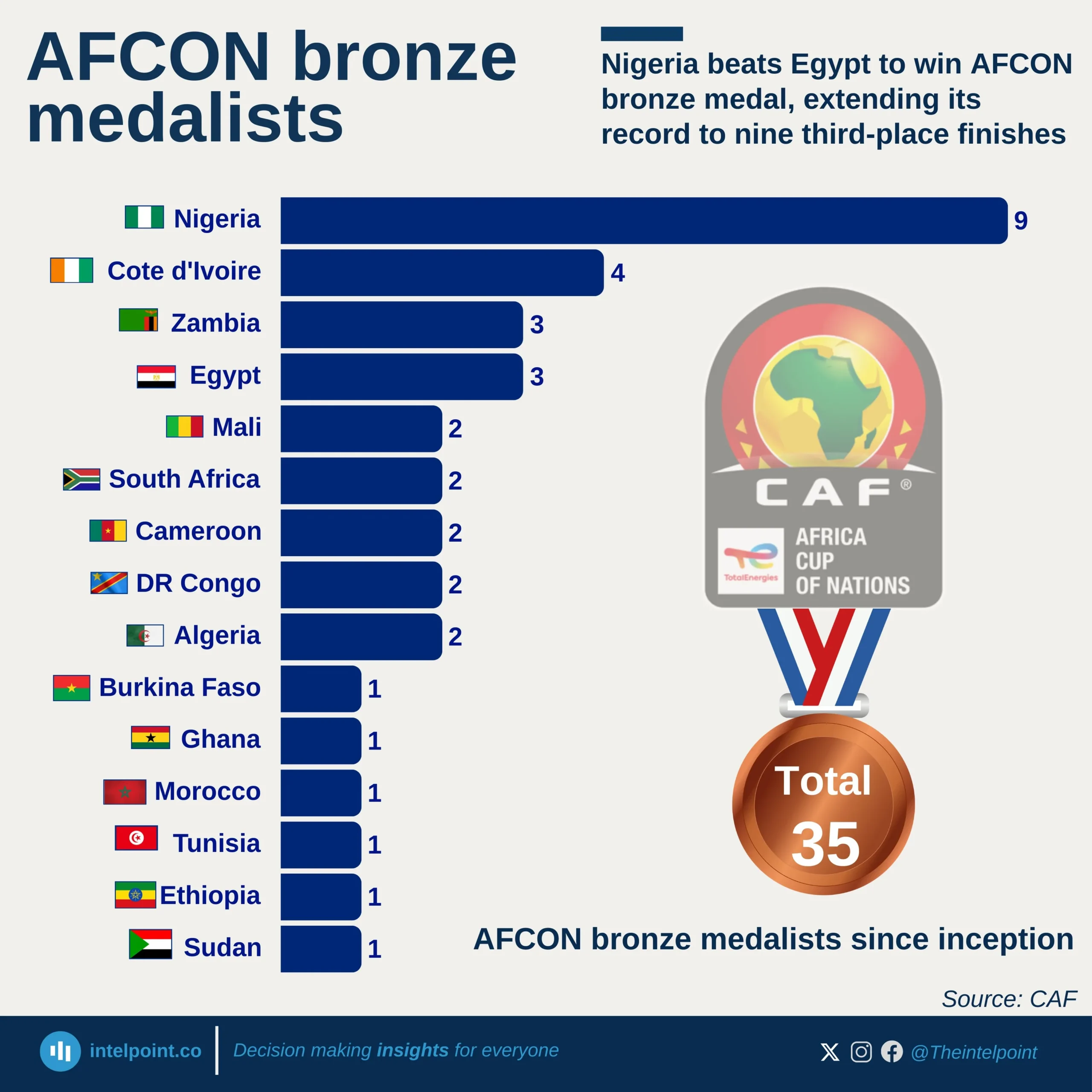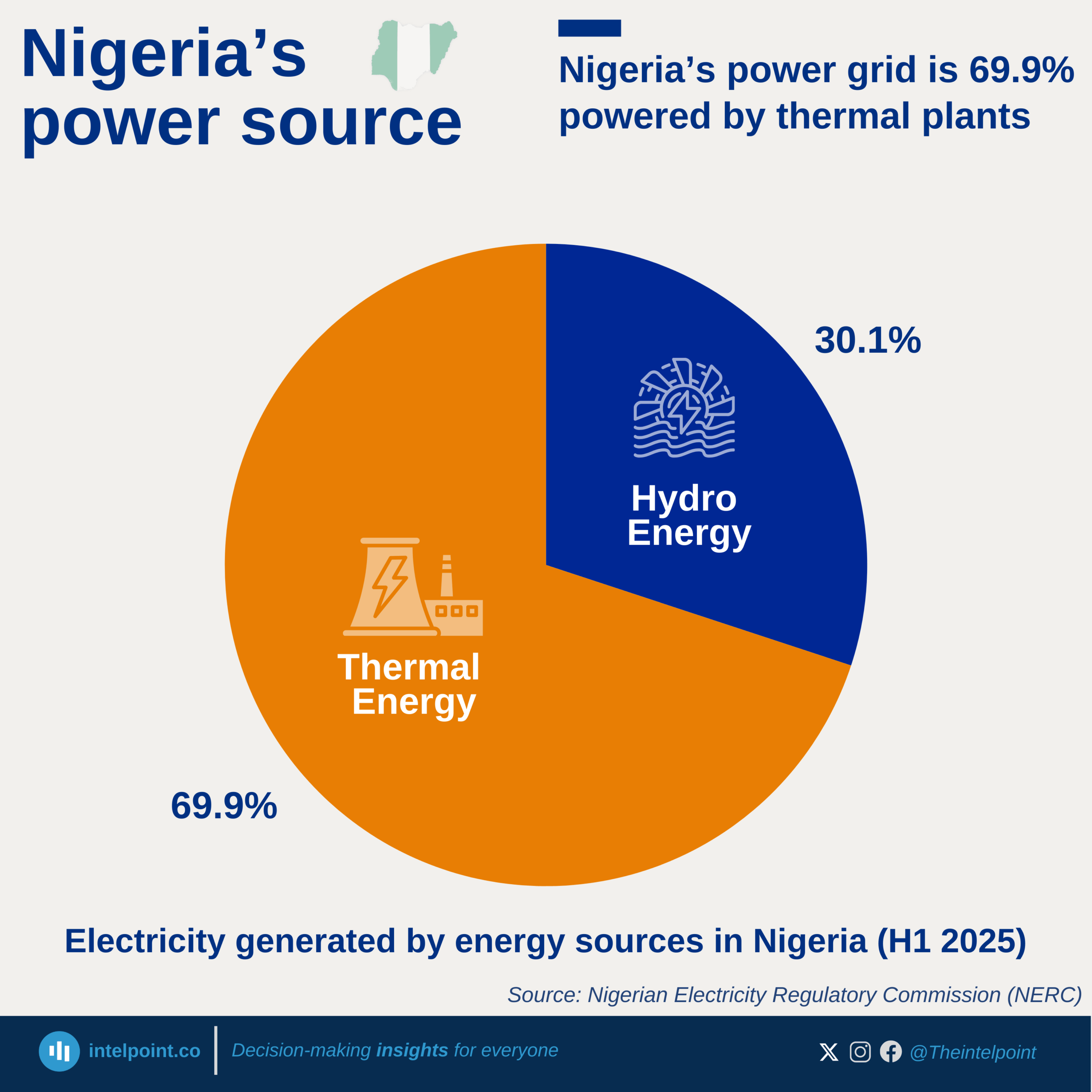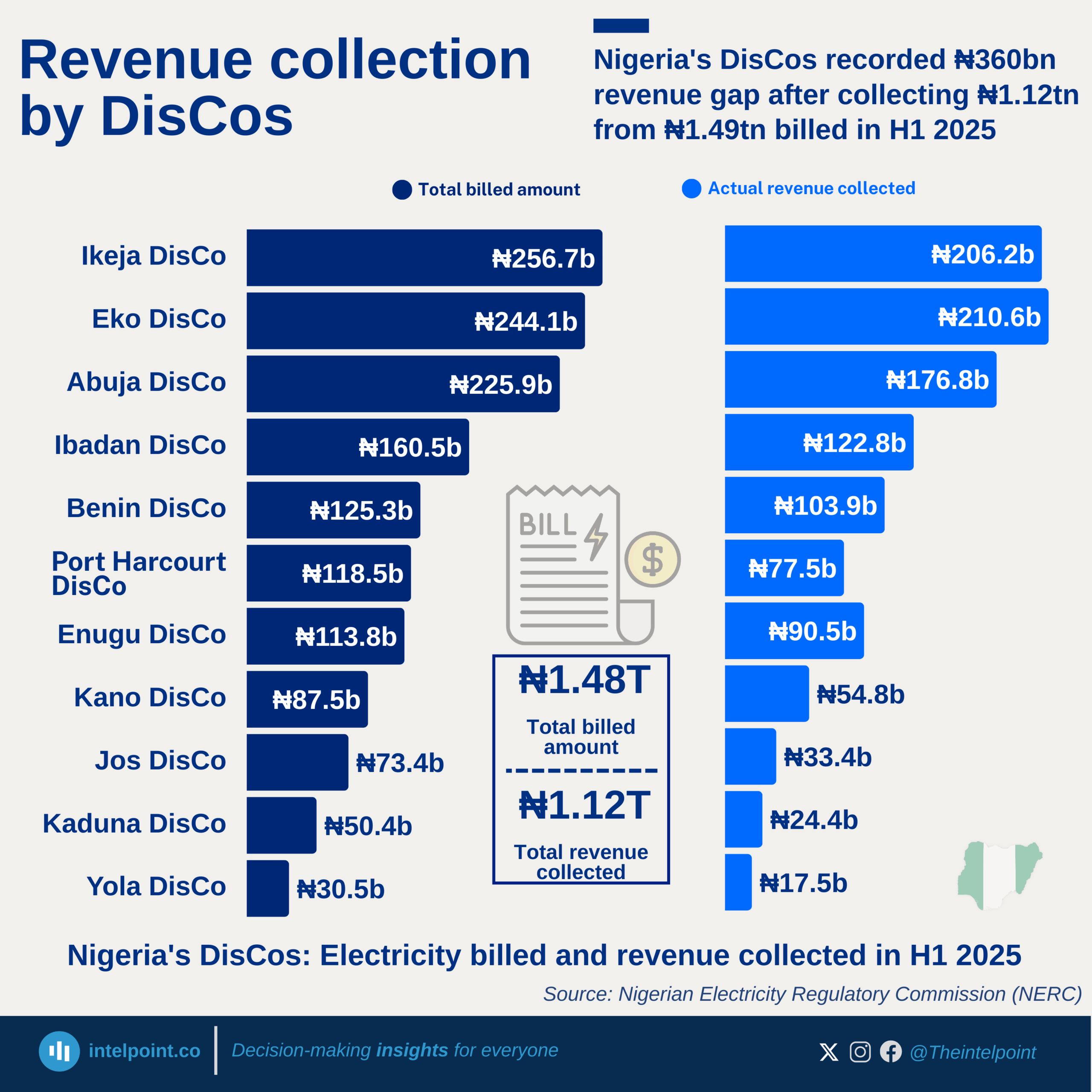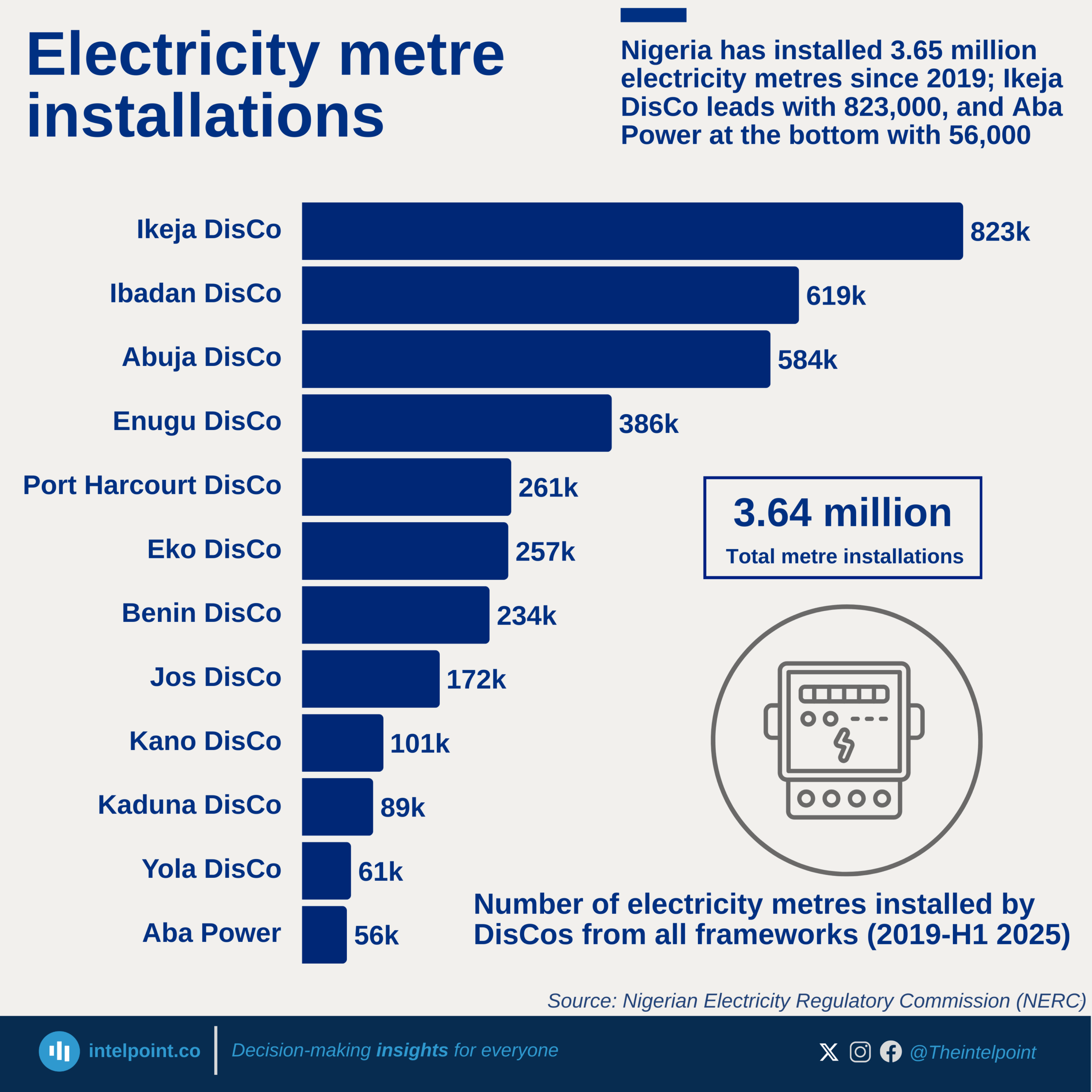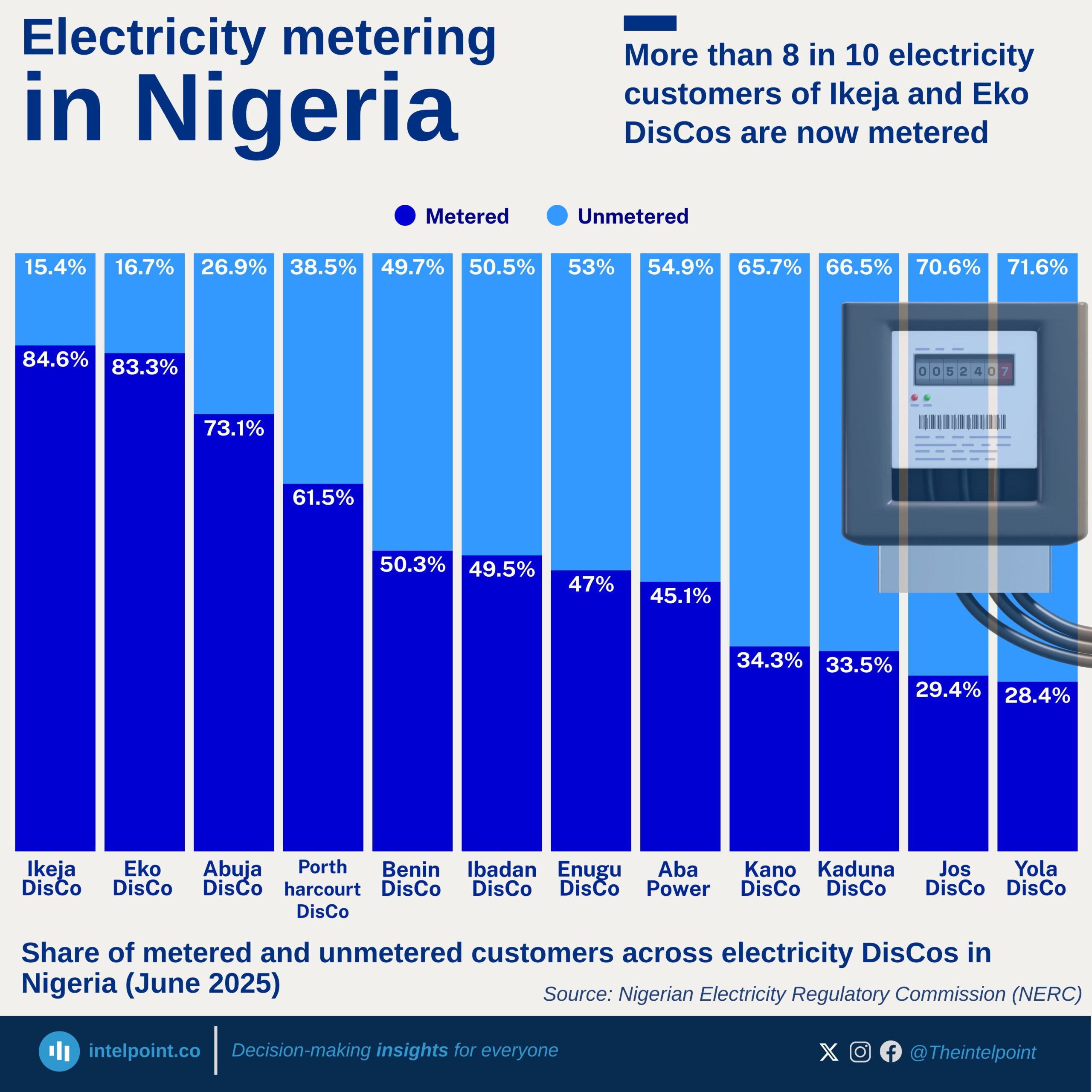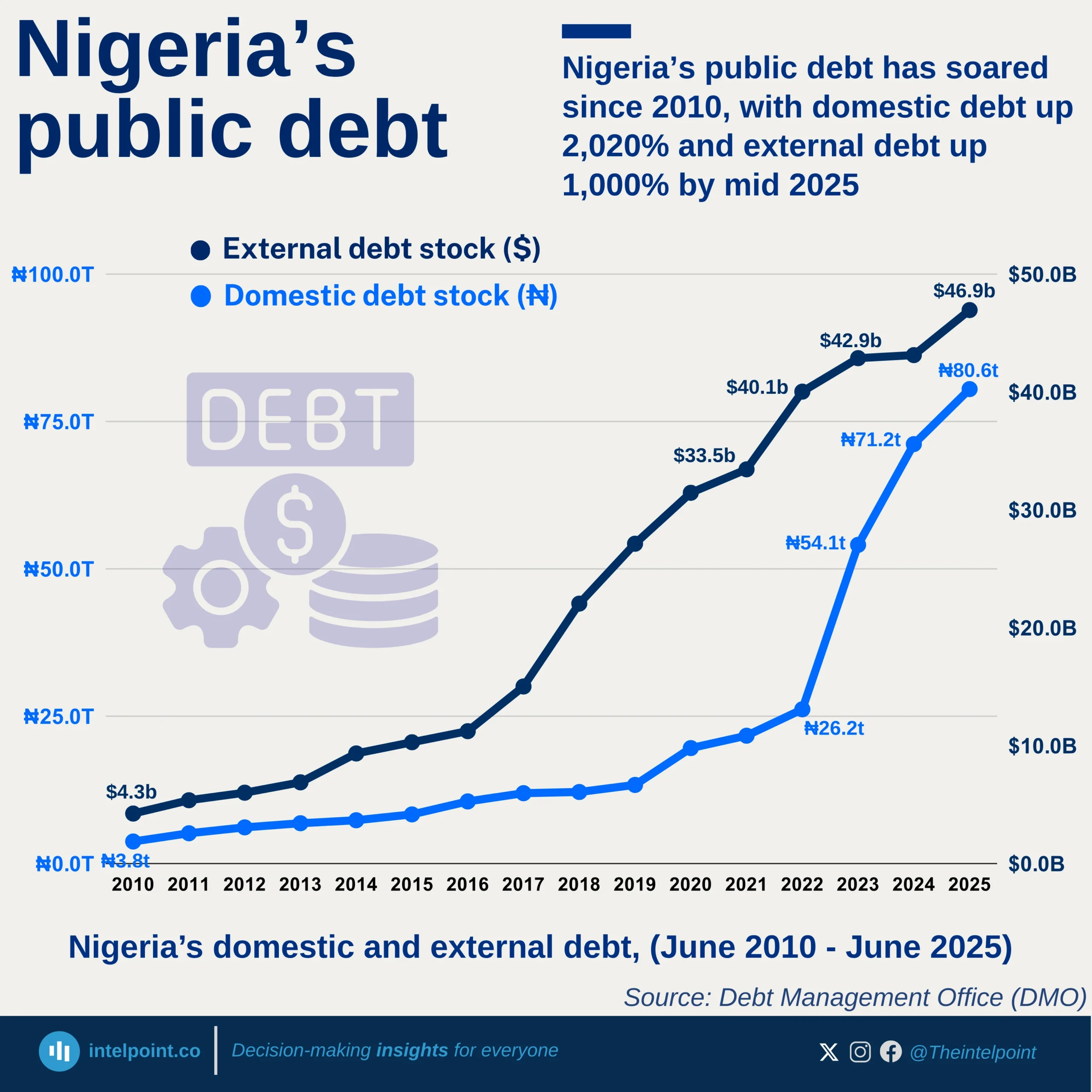The story of government support for Nigerian MSMEs in 2025 is one of limited reach but varied impact. Despite the sector’s role as the backbone of the economy, just one in four MSMEs (25.1%) report benefitting from any government programme or initiative, leaving nearly three-quarters (74.9%) unsupported.
Among those who do access help, grants stand out as the most significant intervention (41.1%), offering much-needed relief for businesses struggling with rising costs and limited credit. Training programmes (22.1%) also emerge as an important support pillar, highlighting that entrepreneurs value skills and knowledge alongside financial assistance.
However, financial mechanisms that could ease liquidity pressures—such as loans (16%) and tax breaks (13.8%)—remain less accessible. Even more marginal are subsidies (6.9%), suggesting limited effectiveness of such interventions in reaching small businesses.
